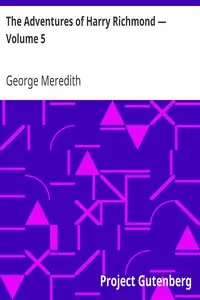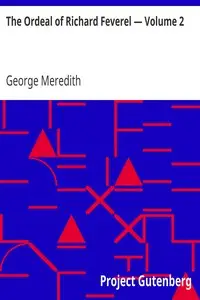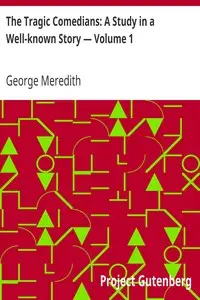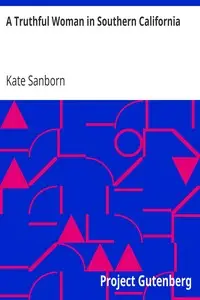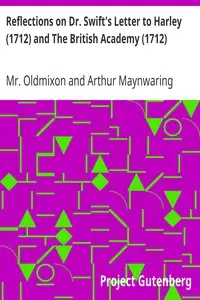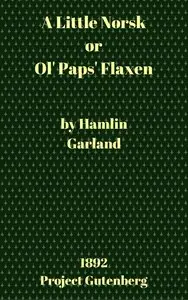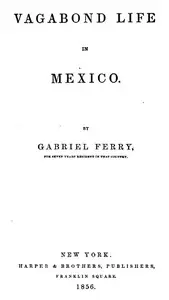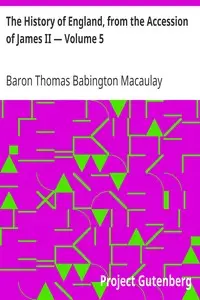"The Amazing Marriage — Volume 3" by George Meredith is a novel written in the late 19th century, likely reflecting the complexities of societal norms and personal relationships of its era. The narrative explores themes of love, betrayal, and the stark contrasts between wealth and poverty through its intricate characters and their interactions, particularly focusing on Gower Woodseer and his experience with the countess, Carinthia. At the start of the book, Gower Woodseer journeys to deliver an urgent message regarding the young countess who is in distress after her husband, Lord Fleetwood, abandons her shortly after their marriage. The opening chapters introduce a range of characters, including Admiral Baldwin, who is gravely ill, and Mrs. Carthew, who provides context about the countess's unfortunate situation. Gower's determination to help the countess, despite his own challenges, sets the stage for the unfolding drama, highlighting the societal pressures and personal struggles faced by the nobility and commoners alike. This intriguing mix of character motivations and societal commentary promises an engaging exploration of the characters' moral dilemmas and the impact of their choices. (This is an automatically generated summary.)
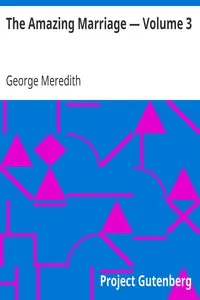
The Amazing Marriage — Volume 3
By George Meredith
"The Amazing Marriage — Volume 3" by George Meredith is a novel written in the late 19th century, likely reflecting the complexities of societal norms...
George Meredith was an English novelist and poet of the Victorian era. At first, his focus was poetry, influenced by John Keats among others, but Meredith gradually established a reputation as a novelist. The Ordeal of Richard Feverel (1859) briefly scandalised Victorian literary circles. Of his later novels, the most enduring is The Egoist (1879), though in his lifetime his greatest success was Diana of the Crossways (1885). His novels were innovative in their attention to characters' psychology, and also portrayed social change. His style, in both poetry and prose, was noted for its syntactic complexity; Oscar Wilde likened it to "chaos illumined by brilliant flashes of lightning". Meredith was an encourager of other novelists, as well as an influence on them; among those to benefit were Robert Louis Stevenson and George Gissing. Meredith was nominated for the Nobel Prize in Literature seven times.

